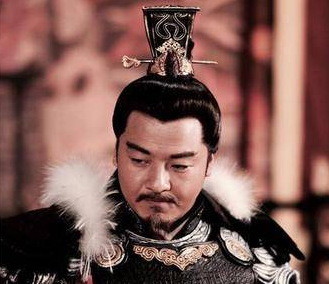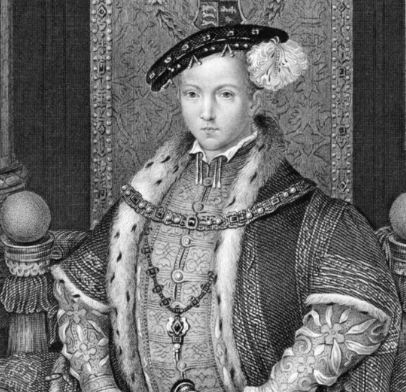The Yuan Dynasty, as the first unified dynasty established by ethnic minorities in Chinese history, experienced many major historical events. Among them, the Coup of Nanpo was an important turning point in the history of the Yuan Dynasty. After this political upheaval, the political situation of the Yuan Dynasty underwent tremendous changes, and the country gradually declined. This article will explore what the Yuan Dynasty was like after the Coup of Nanpo.

I. Background and Course of the Coup of Nanpo
The Coup of Nanpo, also known as the "Disaster of Nanpo," occurred in 1323. At that time, Emperor Yingzong of the Yuan Dynasty implemented reforms that touched the interests of Mongolian nobles and bureaucrats, sparking strong opposition from them. In a political coup, Emperor Yingzong was deposed and later killed. This political upheaval made the political situation of the Yuan Dynasty even more turbulent and unstable.
II. Political Corruption and Decline of People's Livelihood
After the Coup of Nanpo, the problem of political corruption in the Yuan Dynasty became increasingly serious. Officials were corrupt, power ministers monopolized power, and politics was dark. At the same time, due to frequent wars, natural disasters, and other reasons, people's livelihoods declined, and the people suffered. Under these circumstances, the ruling foundation of the Yuan Dynasty gradually weakened.
III. Ethnic Conflicts and Peasant Uprisings
After the Coup of Nanpo, ethnic conflicts in the Yuan Dynasty also intensified. Mongolian rulers implemented a strict hierarchy for other ethnic groups such as the Han and the South, leading to tense ethnic relations. In addition, due to issues such as political corruption and the decline of people's livelihoods, peasant uprisings broke out constantly. The Red Turban Rebellion was the most famous of these peasant uprisings, which directly led to the collapse of the Yuan Dynasty.
IV. Cultural Development and Exchange
Despite many problems in politics and economy, the Yuan Dynasty made certain achievements in culture. Yuan Opera flourished, and Yuanqu became a treasure in the history of Chinese literature. At the same time, exchanges between the Yuan Dynasty and the outside world were also frequent, especially with Central Asia and West Asia, promoting the dissemination and development of culture, science, and technology.
V. The Collapse of the Yuan Dynasty and the Establishment of the Ming Dynasty
In the decades after the Coup of Nanpo, the Yuan Dynasty gradually declined. In 1368, Zhu Yuanzhang established the Ming Dynasty, overthrowing the rule of the Yuan Dynasty. The collapse of the Yuan Dynasty marked the end of an era in Chinese history and laid the foundation for the establishment of the Ming Dynasty.
Conclusion:
The Coup of Nanpo was an important turning point in the history of the Yuan Dynasty. After this political upheaval, the Yuan Dynasty gradually declined, and problems such as political corruption, the decline of people's livelihoods, and ethnic conflicts became increasingly serious. However, in terms of culture, the Yuan Dynasty still made certain achievements. In the end, in the long river of history, the Yuan Dynasty was replaced by the Ming Dynasty, ending its rule in Chinese history.
Disclaimer: The above content is sourced from the internet and the copyright belongs to the original author. If there is any infringement of your original copyright, please inform us and we will delete the relevant content as soon as possible.
































